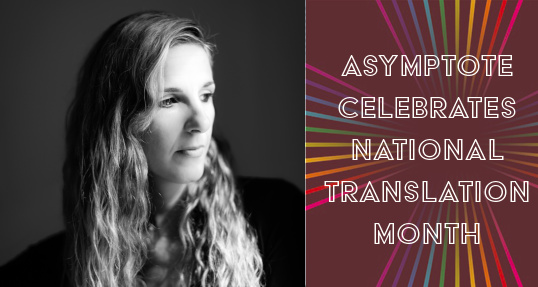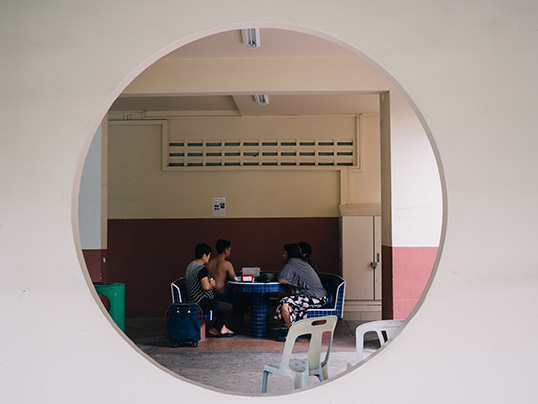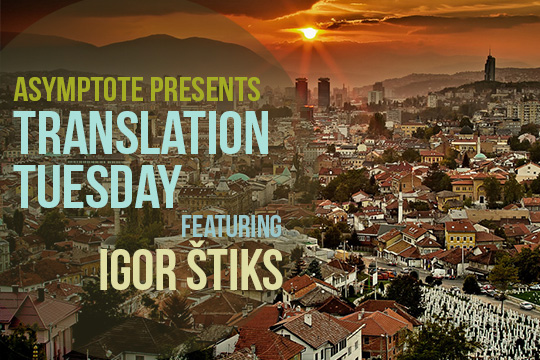As National Translation Month draws to a close, so does our four-part special feature on the subject—a series of first-hand, original essays by key players in the translation process: an author, a platform, a translator, a publisher. And since translating also means shifting coordinates, we made sure to hit four different corners of the world. Over the course of the past few days, we’ve brought you a Romanian poet, a Chinese online literary hub, and a Turkish translator, all at the very top of their game. Today, we wrap it up by traveling from Buenos Aires to Edinburgh with Carolina Orloff, co-founder and publishing director of the award-winning Charco Press (we figured the trip was worth postponing our usual “Translation Tuesday” column, back next week).
In this thoughtful, moving piece, Carolina masterfully intertwines personal experience with theory. She dives into the challenges of living between languages (she’s a longtime Argentinian expat in the UK), explaining how that has influenced her own views of translation and, more broadly, Charco’s publishing philosophy. From missing dulce de leche to musing about Benjamin, she covers almost as much ground here as she’s done throughout her life as a bona fide globetrotter.
Those who have insinuated that Menard devoted his life to writing a contemporary Quixote besmirch his illustrious memory. Pierre Menard did not want to compose another Quixote, which surely is easy enough—he wanted to compose the Quixote.
‘Pierre Menard, Author of the Quixote,’ Jorge Luis Borges
When I think about translation, I’m seized by a host of thoughts and emotions—some varying, some constant. It goes beyond the years I’ve spent studying and writing theory, or the fact that I’ve been living between languages (‘entre lenguas,’ to quote the extraordinary Sylvia Molloy) for more than half my life now: there is something within my matrix, my emotional framework, that is made of languages, of gestures from different cultures, different geographies. As is the case with many compatriots, I’m a second-generation Argentinian (most of the country’s indigenous population was wiped out by a nefarious ‘whitening’ campaign during the late 1800s); like many in my generation, I have also emigrated from that southern land. All my grandparents were foreigners, and I use this word with the utmost care and precision. My parents fed off that simultaneously strange and normalised state of living in Buenos Aires while immersed in the echoes of Russian, English, Yiddish, Polish, and Andalusian Spanish. They soaked up these acquired traditions and dressed them up in new meaning—a meaning that they could call their own and that could be freer, albeit loaded with so many other foreign codes. In sum, they were constantly translating.
I recall a conversation I had with a fellow student once, when I was at the University of York. His porteño accent was much stronger than mine. I was twenty years old and had been living in English for three. When I asked him when he’d last been to Argentina, he said nonchalantly that he had actually never ‘crossed the pond.’ His mother was from Buenos Aires and yes, he had been born there, but when he was just one or two years old, they had left for Sweden in search of political asylum. They had never returned. It was an epiphanic moment for me. And now that I am a mother, an Argentinian mother living in Scotland with a daughter born in Edinburgh, I can’t help but re-signify it. There is so much of us in the language we inherit, the language we’re nursed in. Our mother tongue defines us, whether we like it or not, and I feel that there is no satisfactory way of translating that identity; it can only be transmitted. READ MORE…




